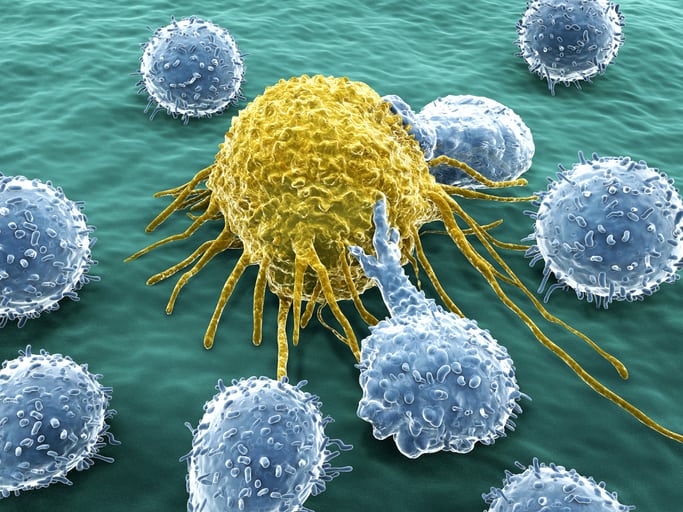Tumor mutation burden (TMB) has been established as a biomarker for response to immune therapy and prognosis in various cancers. However, the association between TMB and prognosis of prostate cancer (PCa) remains unclear. This study aimed to investigate the impact of TMB in biochemical recurrence (BCR) and the immune microenvironment in high and low TMB groups.
Mutation data, gene expression, clinicopathological information were downloaded from The Cancer Genome Atlas (TCGA). Mutation types and TMB values were identified. All samples were divided into high and low TMB groups with median TMB value as the cutoff point. The BCR-free survival rates, Differentially expressed genes (DEGs) and immune cells infiltrations in different TMB groups were identified.
The most common variant type and SNV were single nucleotide polymorphism and C > T. respectively. High TMB level was significantly associated with older age, positive lymph node, higher International Society of Urological Pathology (ISUP) grade, advanced stage and poor BCR-free survival. 132 DEGs were identified and involved in receptor ligand activity and hormone activity. High expression of six core genes UBE2C, PLK1, CDC20, BUB1, CDK1 and HJURP were associated with worse BCR-free survival. The analysis of immune cells infiltration revealed that the amount of activated CD4 memory T cells was significantly different in high and low TMB groups.
The current study comprehensively described the summary of mutation and TMB related DEGs in PCa. TMB was associated with BCR-free survival and the infiltration of activated CD4 memory T cells in the immune microenvironment.
Copyright © 2020. Published by Elsevier B.V.
Exploration of gene expression profiles and immune microenvironment between high and low tumor mutation burden groups in prostate cancer.


